
columns
Transferred Malice in Criminal Law: The Doctrine and Its Judicial Interpretation
The doctrine of transferred malice holds that intent to harm one person applies even if another is harmed instead. Recognized under Section 301 IPC (now Section 102 BNS), it ensures criminal liability despite unintended victims.

columns
Transferred Malice in Criminal Law: The Doctrine and Its Judicial Interpretation
The doctrine of transferred malice holds that intent to harm one person applies even if another is harmed instead. Recognized under Section 301 IPC (now Section 102 BNS), it ensures criminal liability despite unintended victims.

columns
The Evolution of Pension Schemes in India: From OPS to UPS
The Unified Pension Scheme (UPS) merges the security of the Old Pension Scheme (OPS) with the flexibility of the New Pension Scheme (NPS). It offers assured pensions, inflation protection, and family benefits, balancing employee welfare with fiscal sustainability.

columns
A Vision for Resilient and Inclusive India: Decoding the Union Budget 2025-2026
The Union Budget 2025-26 prioritizes MSMEs, infrastructure, and digital transformation. Key highlights include enhanced credit access, tax relief, manufacturing incentives, and green energy investments, fostering inclusive growth and positioning India for a resilient future.

columns
Intellectual Property as a Caste Atrocity: A Legal Breakthrough in Social Justice
The Supreme Court upheld the Bombay High Court’s ruling that intellectual property loss qualifies for compensation under the SC/ST Act. This landmark decision expands the definition of property, ensuring greater protection for marginalized scholars facing caste-based discrimination.

columns
Right to Burial in village graveyard, Supreme Court upholds Right to Dignity for Tribal Christian Pastor
The Supreme Court upheld the right to dignity in death, ruling that burial rights cannot be denied based on religion or conversion. It emphasized secularism, equality, and Article 21, reaffirming that dignity extends beyond life and discrimination is unconstitutional.

columns
UN Reports Over 10,000 Acts of Sexual Violence Amid Sudan’s Widespread Displacement—A Humanitarian Catastrophe Unfolds
Sudan's civil war since April 2023 has displaced over 14 million people, with widespread violence, famine, and mass atrocities. The conflict between SAF and RSF threatens regional stability and justice.

columns
Decoding Legal Remedies: A Deep Dive into Review, Revision, and Appeal
Review, Revision, and Appeal are pivotal remedies in the Indian legal framework, designed to address judicial errors and ensure fairness. By examining their distinct purposes, statutory foundations, and judicial interpretations, they uphold justice and procedural integrity.

columns
Beyond the Algorithm: The Human Right to Be Forgotten
Right to be Forgotten, privacy law, GDPR, Google Spain, data protection, digital privacy, data erasure, freedom of expression, personal data, EU regulations, public interest, search engines, data subjects, right to erasure.

columns
The Global Imperative to Criminalize Ecocide: A Scholarly Inquiry into Environmental Justice
The proposal to criminalize ecocide as an international crime marks a pivotal shift in global justice. By recognizing large-scale environmental harm as a violation of planetary rights, it seeks to deter destruction, ensure accountability, and champion ecological integrity.

columns
Mimansa Sutras: Bridging Ancient Wisdom and Modern Jurisprudence
The Mimansa principles, rooted in ancient Indian jurisprudence, offer timeless methodologies for statutory interpretation. Balancing textual fidelity with ethical reasoning, they harmonize tradition and modernity, enriching contemporary legal frameworks and advancing equity.

columns
Nipping frivolous litigation in the Bud: Supreme Court’s landmark decision on Limitation
The Supreme Court’s landmark decision in Shri Mukund Bhavan Trust v. Shrimant Chhatrapati Udayan Raje Bhonsle reaffirms Order VII Rule 11(d)'s power to reject plaints barred by limitation, emphasizing procedural discipline to curb frivolous litigation and uphold judicial efficiency.

columns
Data Privacy and Competition Law: Uniting Forces in the Digital Age
Data privacy and competition law converge in the digital age, addressing market dominance and personal data misuse. This article explores their synergies, conflicts, and the need for integrated regulations to foster innovation, ensure fairness, and protect rights.

columns
GIFT City: A Gateway to Global Financial and Educational Innovation
GIFT City, India’s smart financial hub in Gujarat, blends advanced infrastructure with a dynamic regulatory framework. It fosters global collaboration in finance and education, attracting top foreign universities and investors, and positioning India as a global innovation leader.

columns
The Supreme Court’s landmark judgment in Arif Azim Co. Ltd. v. Micromax Informatics FZE: A Deep Dive into the Distinction between 'Seat' and 'Venue' in International Arbitration
The Supreme Court in Arif Azim Co. Ltd. v. Micromax Informatics FZE clarified the distinction between the 'seat' and 'venue' in arbitration, reinforcing party autonomy and defining Dubai as the seat under UAE law, limiting Indian courts' jurisdiction.
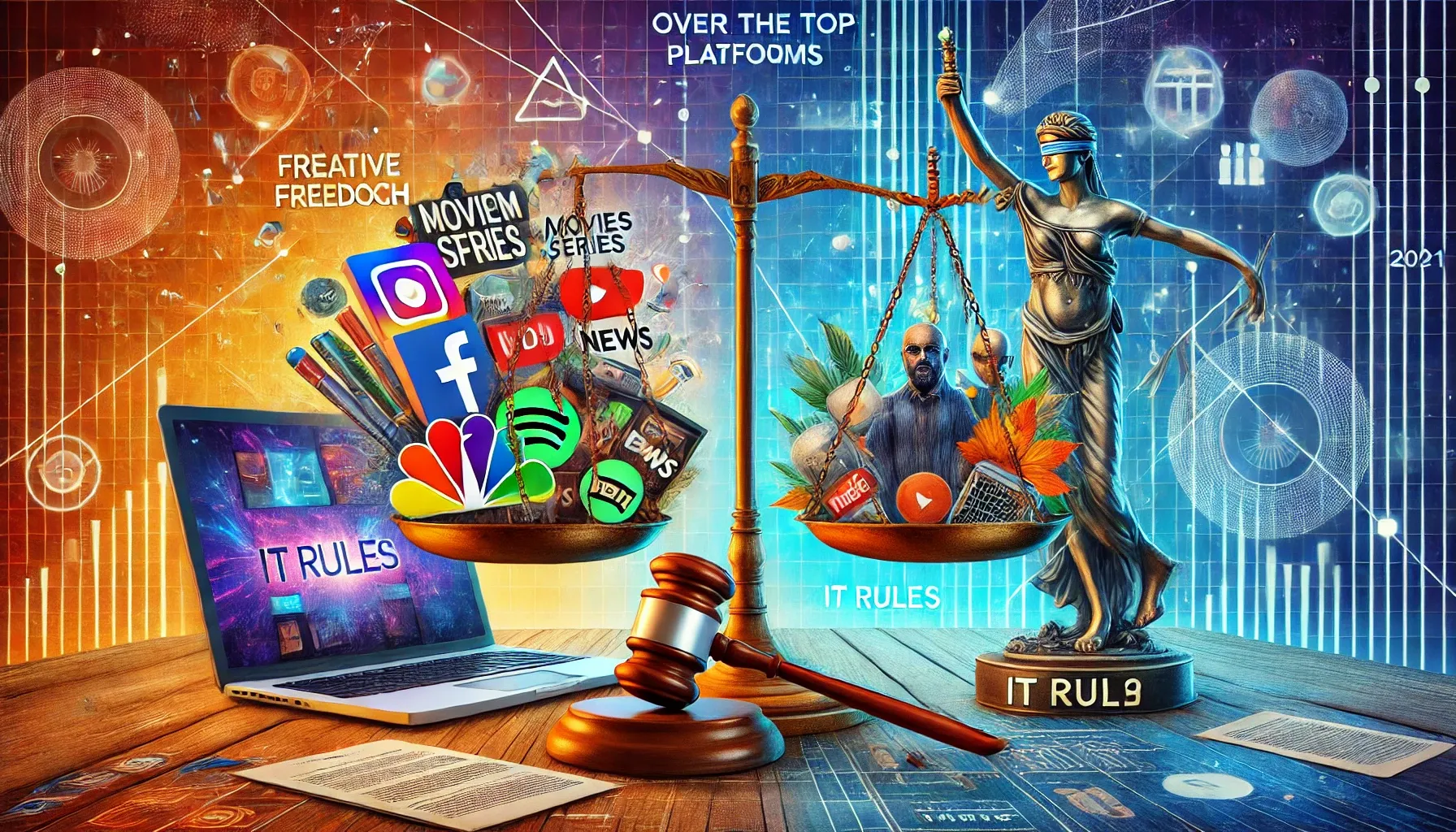
columns
Censorship in Broadcasting and OTT Platforms: Regulation of OTT Content under IT Rules, 2021
The rise of OTT platforms in India has sparked a debate on balancing free expression and societal interests. The IT Rules, 2021, aim to regulate content with a three-tier grievance redressal system, ensuring accountability while addressing concerns over censorship.

columns
India’s Trade Deficit: Understanding the Complexities and Path Forward
India’s trade deficit reflects growing domestic demand and structural challenges like energy reliance and tech imports. Strategic policies, export diversification, and investments in renewable energy and manufacturing aim to balance trade and drive sustainable growth.
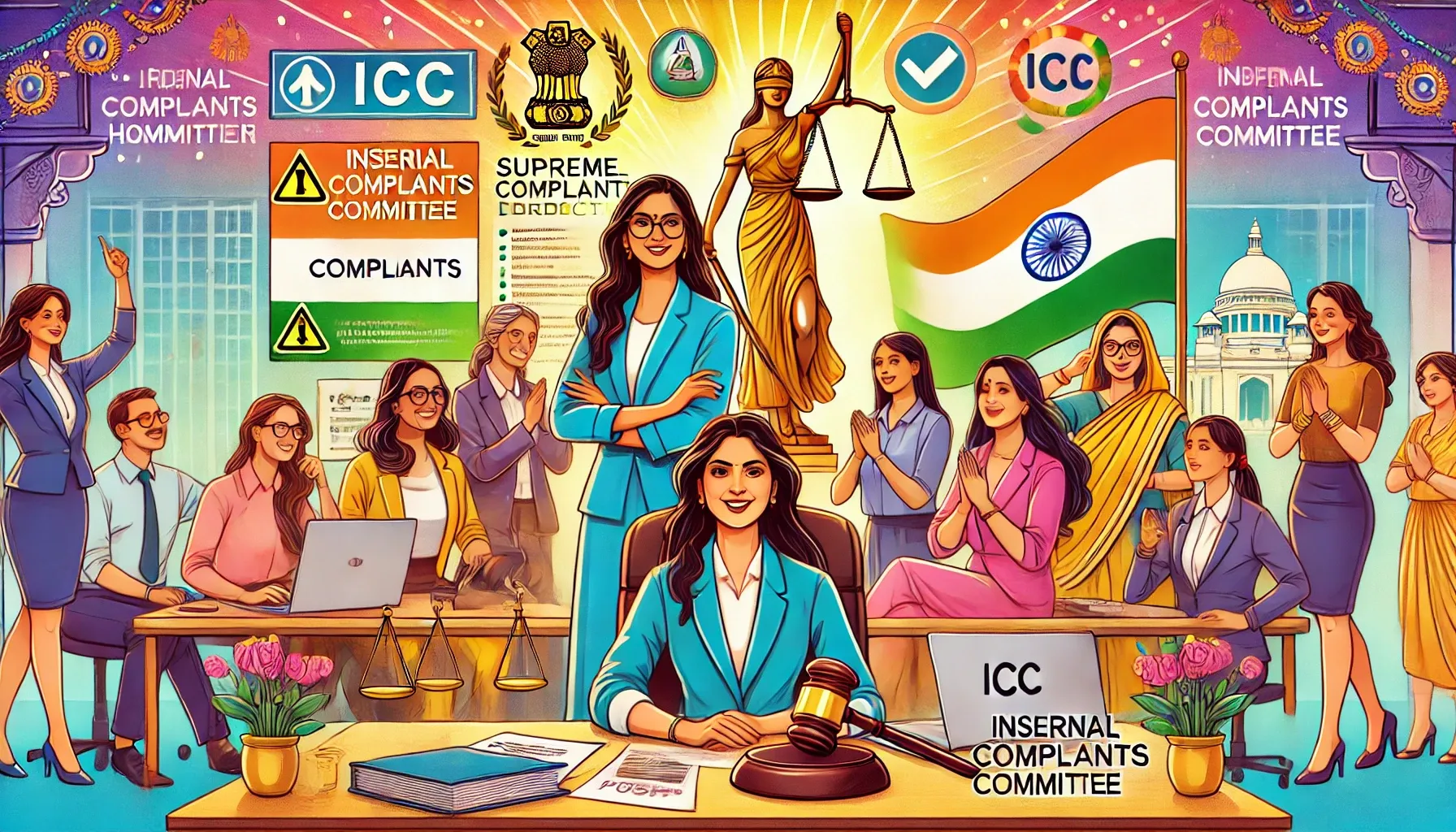
columns
Ensuring Safety at Work: A Landmark step towards Justice and Dignity
The Supreme Court's landmark judgment in Aureliano Fernandes v. State of Goa revitalizes the PoSH Act, addressing systemic lapses in workplace safety for women. By mandating compliance, transparency, and training, it paves the way for equitable and harassment-free workplaces.
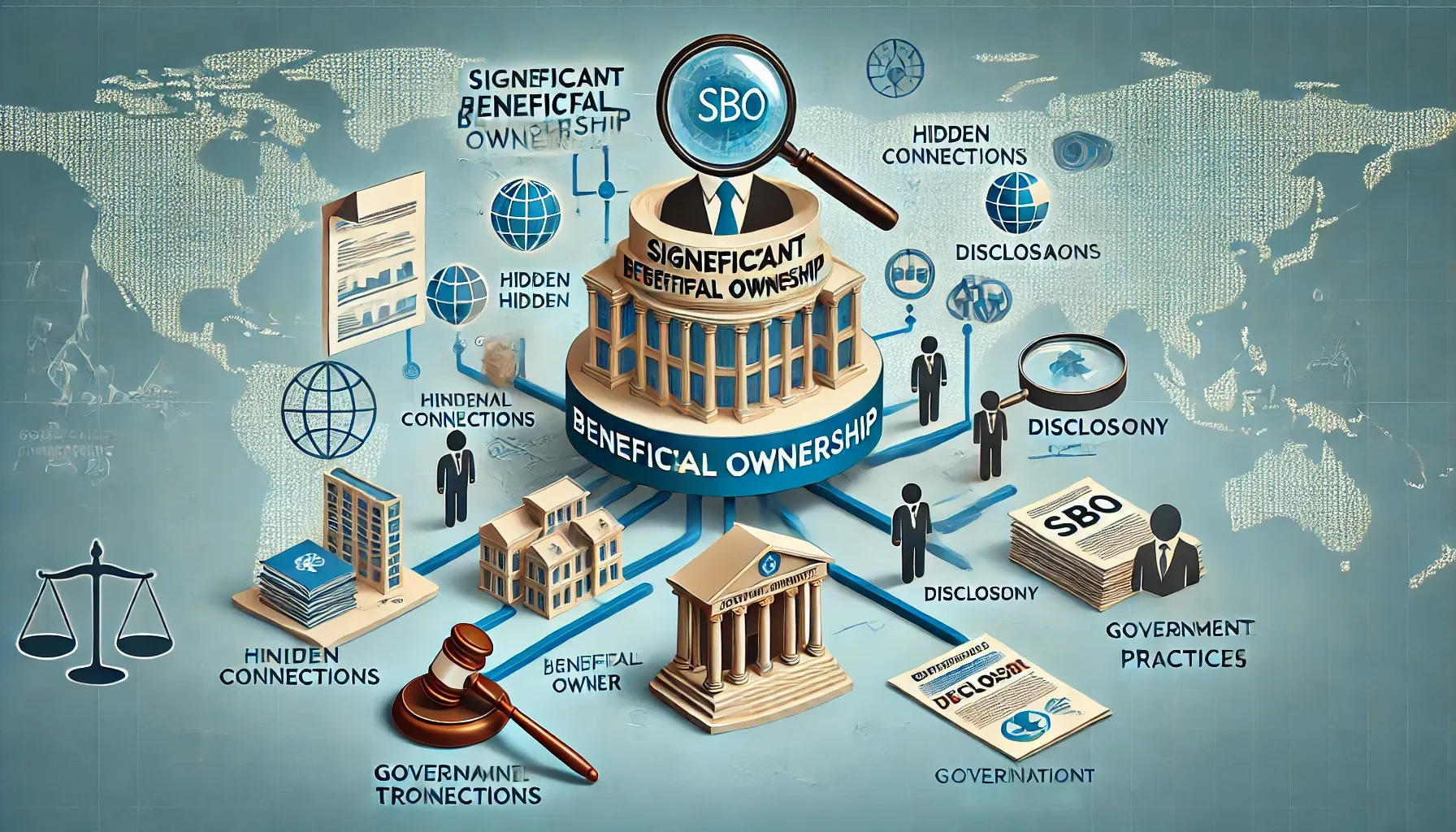
columns
Expanding the Scope of SBO Rules: A Comprehensive look at Recent Legal Precedents and Global Comparisons
India’s evolving SBO rules spotlight transparency in corporate ownership. Recent cases, like LinkedIn India and Samsung Noida, highlight expanded interpretations of control and influence, aligning with global standards to enhance governance and prevent financial misconduct.

columns
The Great Indian Wedding Season: A Spectacle That Tunes Out Artists' Rights
Amid the grandeur of the Great Indian Wedding season, musical artists often remain overlooked, denied rightful royalties despite their vital role. Legal compliance with music licensing laws is essential to ensure fairness, respect, and sustainability in celebrations.
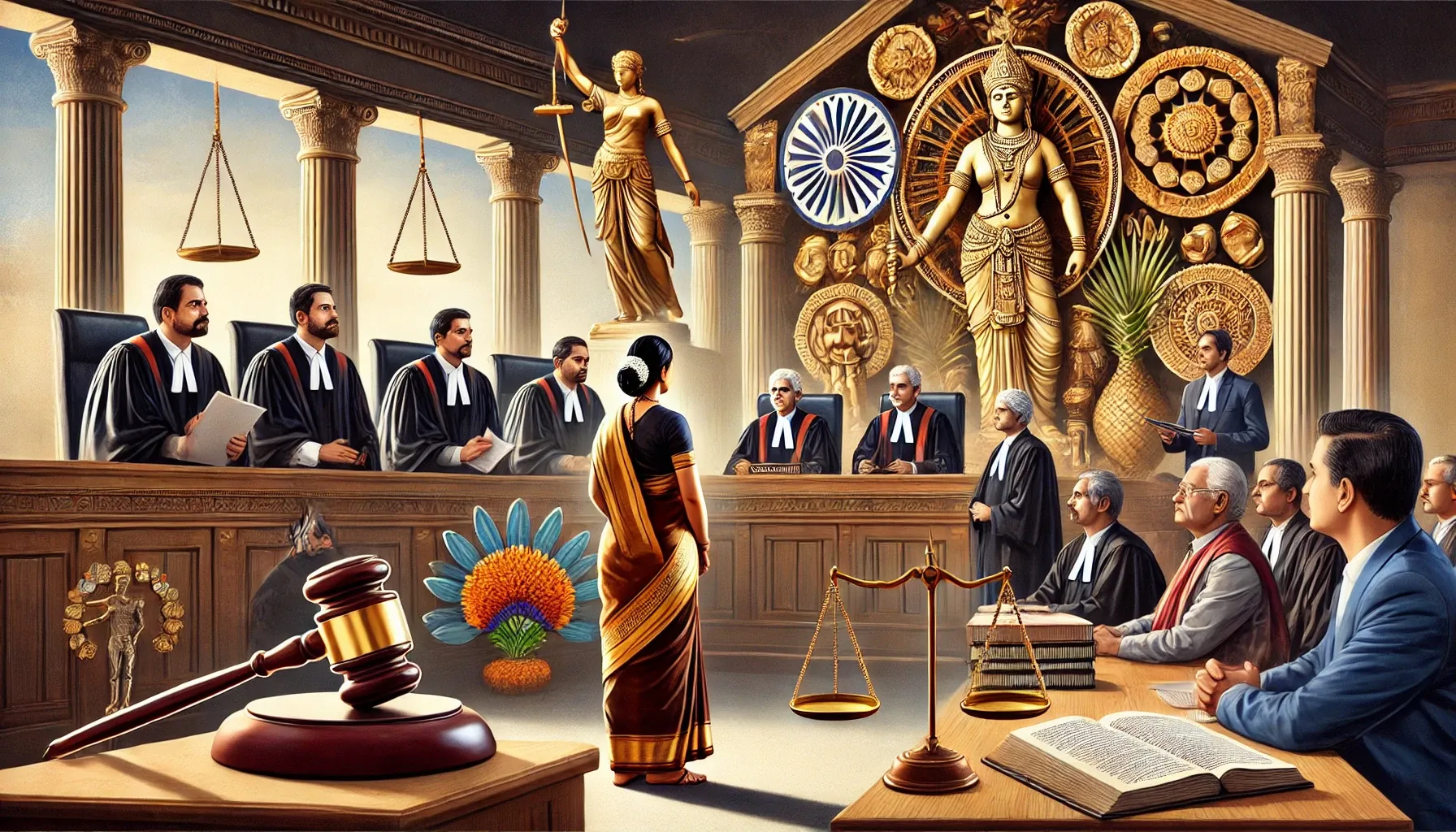
columns
Faith, Identity, and Reservation: Supreme Court on Religious Conversion and Caste
The Supreme Court in C. Selvarani v. The Special Secretary-cum-District Collector ruled that religious conversions made solely to avail reservation benefits are a "fraud on the Constitution." The decision emphasizes the need for genuine conversions to uphold social justice.
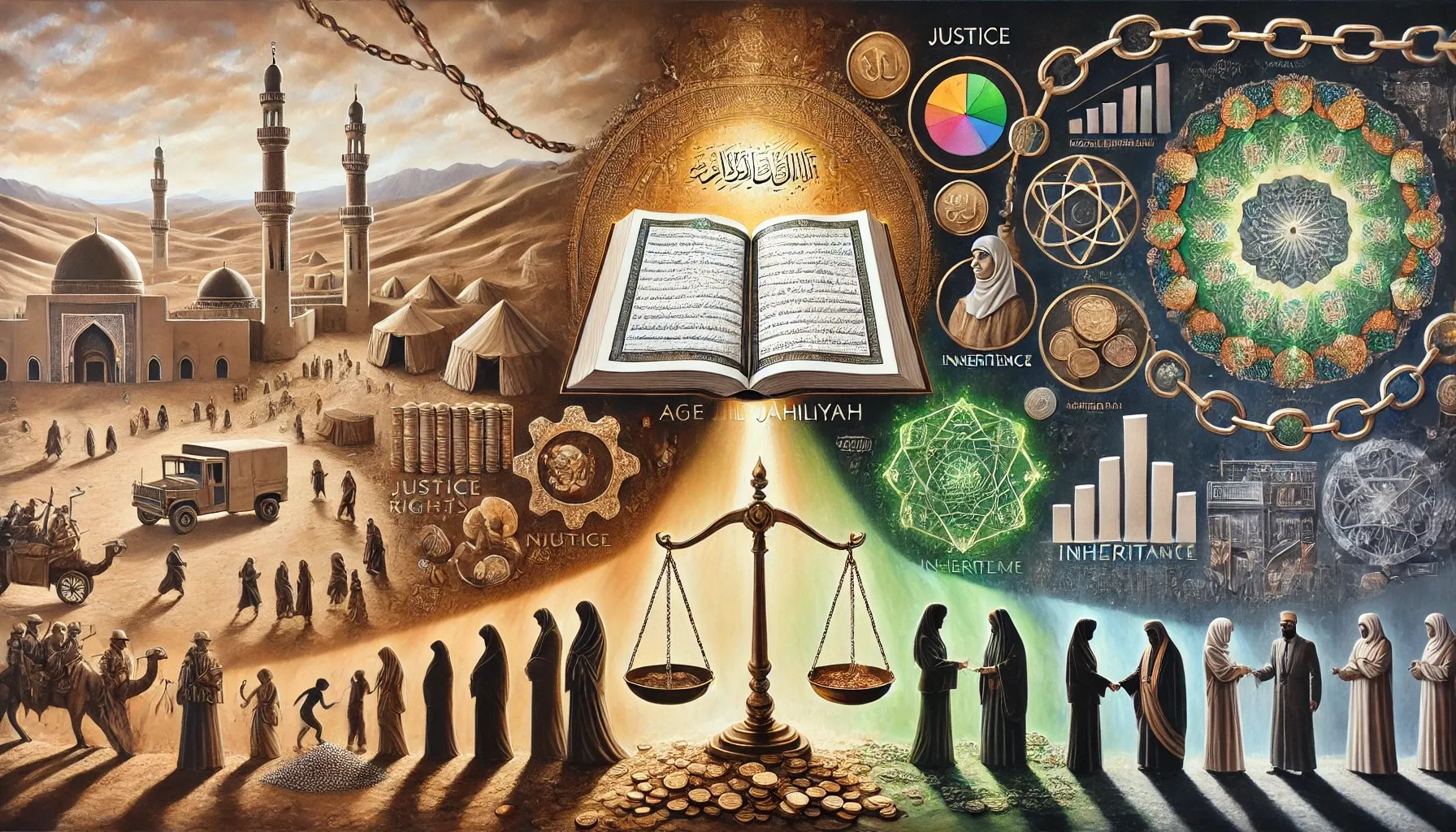
columns
Inheritance rights of Muslim Women: An assessment from Quranic perspective
The Quran outlines Islamic inheritance laws, ensuring fair asset distribution for family welfare. While the laws apply to all genders, differences in shares reflect case-specific circumstances. Efforts continue to secure women's rights under Sharia, addressing biases and ensuring justice.
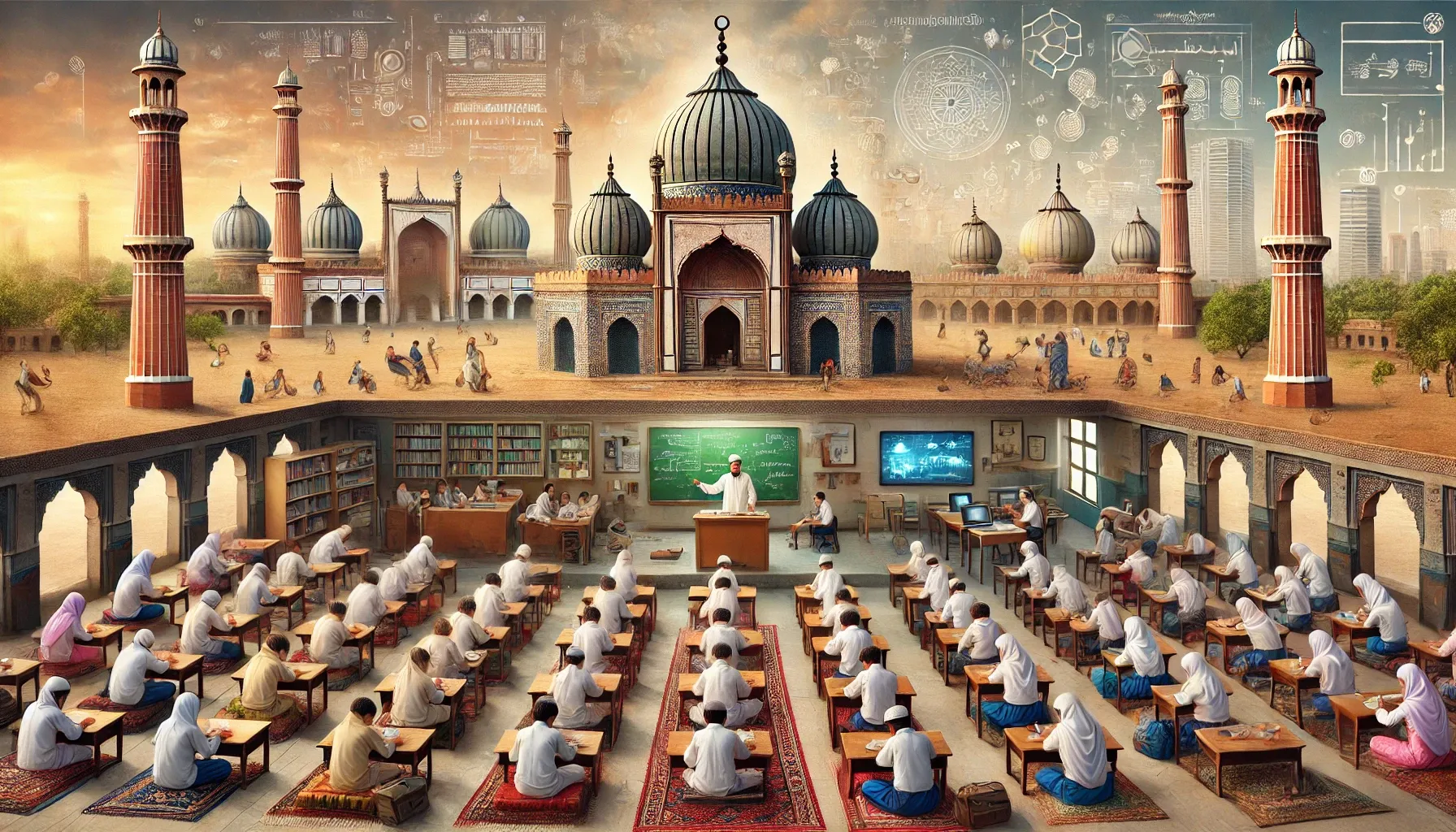
columns
The Uttar Pradesh Madarsa Education Act: A Legal Tug-of-War between Secularism, Religious Rights, and State Control
The SC upheld the UP Madarsa Act, balancing state regulation with minority rights, emphasizing secularism as coexistence, not negation, ensuring quality education without infringing religious freedoms.
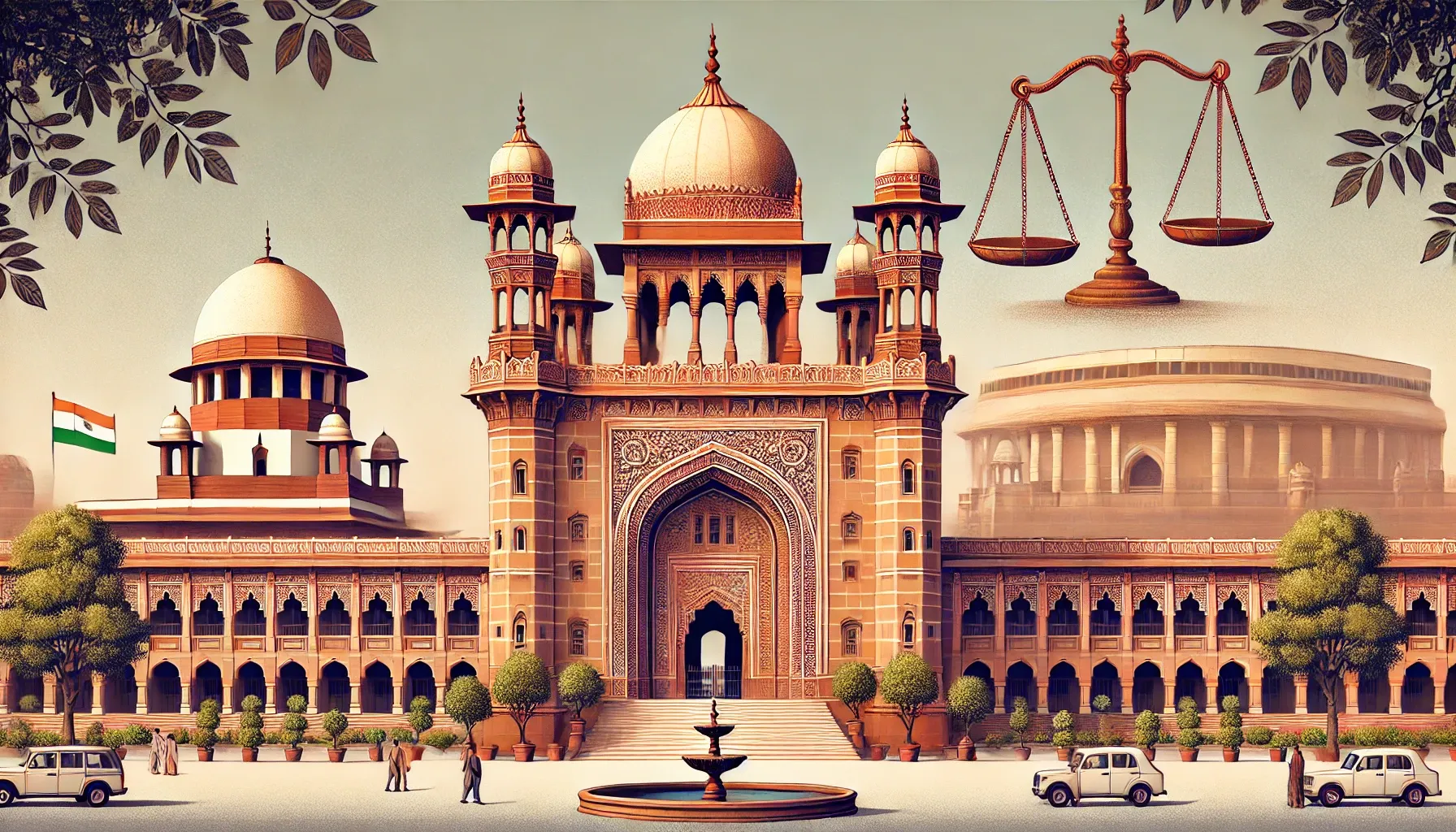
columns
Aligarh Muslim University’s Minority Status: A Landmark Supreme Court Ruling
The Supreme Court’s recent ruling restored Aligarh Muslim University’s minority status, overturning a 1967 decision. This landmark judgment redefines Article 30 protections for minority institutions in India.
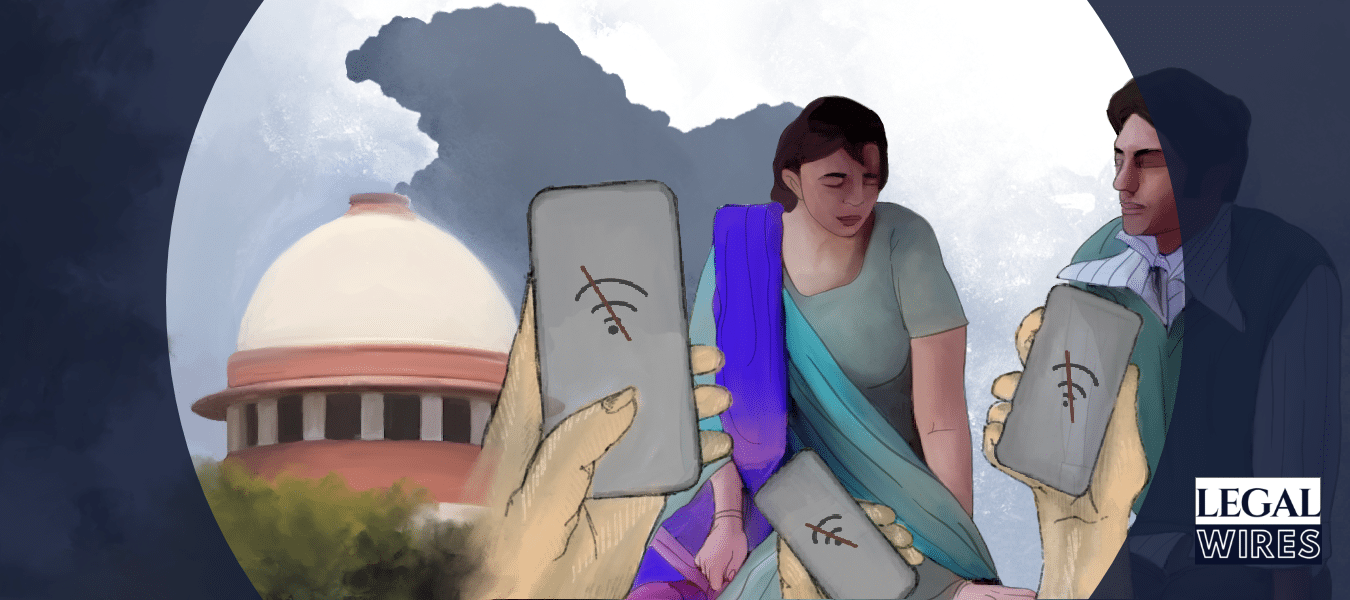
columns
Understanding Anuradha Bhasin v. Union of India: The Kashmir Internet Shut-down case
This case also boiled around to discover as to what is more important, liberty or security? And to strike a balance between liberty and security issues to an extent that fundamental rights are secured and enjoyed in the most appropriate way.
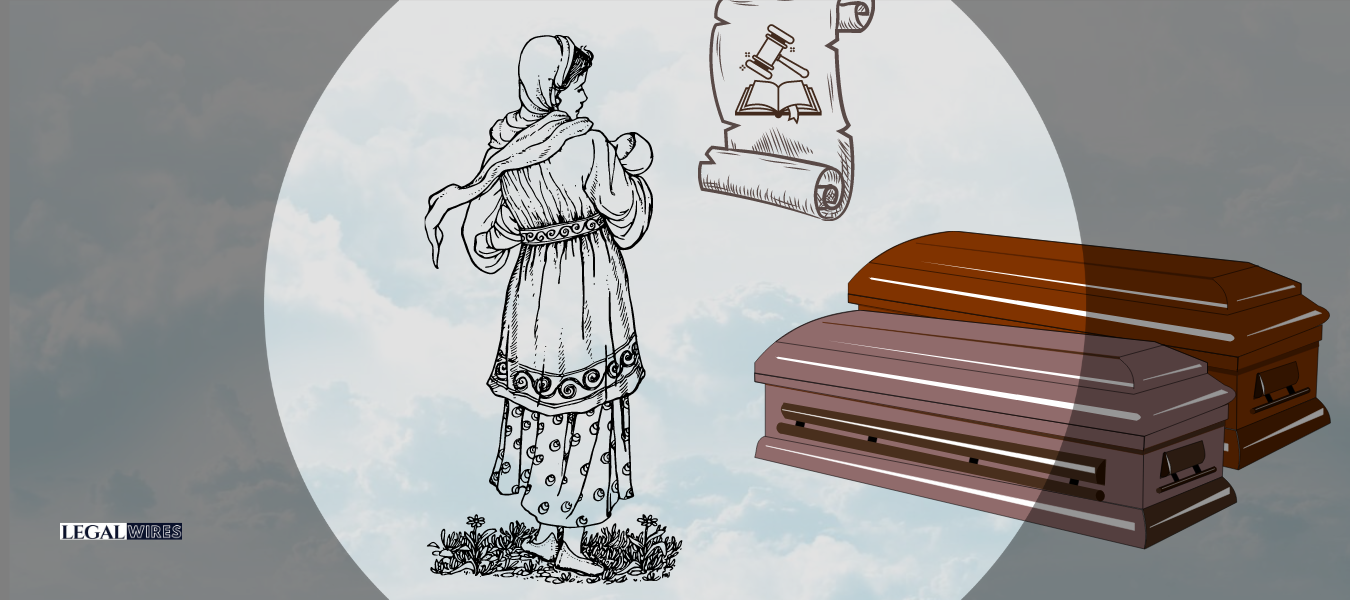
columns
नंगे राष्ट्र का कानून
– बेरहम देश में महिलाओ के खिलाफ अपराध बहुत बढ़

